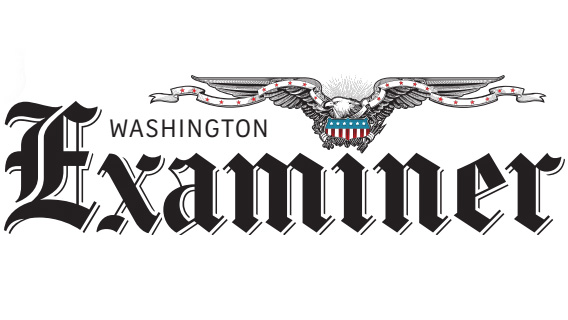Mark Zuckerberg’s testimony before the Senate Judiciary and Commerce Committees last week had some strange scenes. One minute he’s describing Internet service providers as “pipes,” the next he’s asked to identify potential Russian Facebook groups on a piece of poster board.
The hearing was ostensibly about data privacy, but that subject (and the hearing’s more outlandish moments) are not the only reason Americans should care about Facebook. Zuckerberg’s exchanges with senators have important implications for political speech rights as well.
First, it’s worth noting the emerging consensus that the senators’ lines of questioning revealed startling ignorance about how Facebook even works. That hasn’t reduced their propensity to regulate that which they do not understand. Opening remarks by Sen. John Thune, R-S.D., noted that lawmakers “on both sides of the aisle have been willing to defer to tech companies’ efforts to regulate themselves, but this may be changing.” Sen. Bill Nelson, D-Fla., bluntly stated that “if Facebook and other online companies will not or cannot fix the privacy invasions, then we are going to have to.” These not-so-veiled threats set the tenor for the rest of the hearing, promising regulations beyond simple privacy protections for users.
This ties into a crucial matter relating to free speech — the intermittent references to the so-called “ Honest Ads Act,” which would impose regulations on broad swaths of political speech online. Senators like Tom Udall, D-N.M., did their best to connect the bill to Russian interference in U.S. elections. Despite this, by the sponsors’ own admission, the bill would restrict the 99.99 percent of online political ads purchased by Americans in order to address less than 0.01 percent purchased by foreigners in the 2016 cycle. The Internet is unique as an inexpensive and invaluable forum for allowing virtually anyone to express their viewpoints to the broader public. The Honest Ads Act would negate these benefits with burdensome reporting and disclaimer requirements. Even ads that are not targeted to the “relevant electorate” of an election would face these conditions, making the bill stricter than existing rules for large-scale TV and radio advertising.
Perhaps because of the ominous threat of ever-more regulation, Zuckerberg made sure to flatter the sponsors and supporters of that bill. He assured those senators that he supported the legislation and that Facebook would take steps to implement its provisions, thus passing along the bill’s costs to potential advertisers and speakers on the platform. The likely result will be that smaller grassroots speakers would be shut out due to the red tape, higher costs, or both. Those won’t do much to deter wealthy advertisers.
But those promises from Zuckerberg were not enough for Udall, who several times pressed him to personally lobby for its passage. “Are you going to come back up here and be a strong advocate, to see that that law is passed?” Coming from someone who is so skeptical about political participation by corporations and wealthy individuals, brazenly calling for that very sort of advocacy was a startlingly open display of hypocrisy.
Finally, the exchanges at the hearing went beyond the regulation of political ads towards the regulation of user speech and content. At several points, senators asked Zuckerberg what Facebook would do about “hate speech” (which Sen. Ben Sasse, R-Neb., pressed Zuckerberg to specifically define) and “harmful conduct.” Zuckerberg’s answers returned back to the promise of proactive policing using artificial intelligence: “I am optimistic that, over a 5 to 10-year period, we will have A.I. tools that can get into some of the nuances [of hate speech].” Of course, Zuckerberg was never able to offer a concrete definition of what “hate speech” entails. As mere political disagreement is increasingly labeled as “hateful,” the current lack of a clear definition for the term is worrisome.
To be sure, as a private company striving to make its platform more user-friendly, such policies are within Facebook’s rights and are generally unsurprising. Efforts to prevent online harassment are not new, and are often uncontroversial especially in clear-cut cases. But increased technological capabilities, shifting, subjective definitions of acceptable speech, and ramped up public pressure for the corporate giant to take an active role in policing speech could have serious implications for the future of discourse online.
As Facebook and other online platforms become more comfortable curating media content and political opinions, will the risks of outright censorship become more pronounced? These are questions that should be considered now, with a focus not just on First Amendment law but a broader culture of free speech.
This post originally ran in the Washington Examiner on April 16th 2018.














